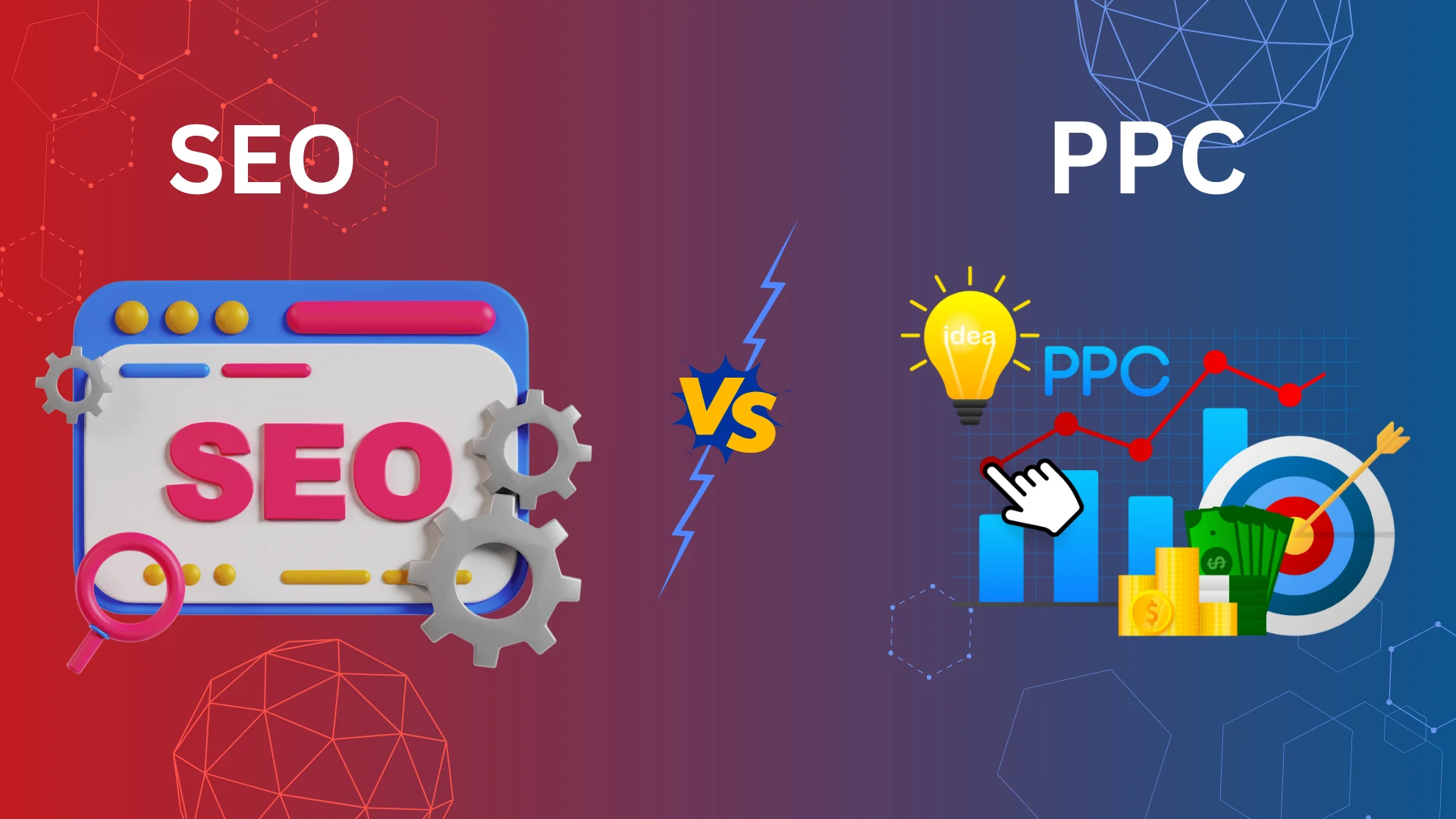
What is better, SEO or PPC?
When it comes to online marketing, two of the most common strategies businesses use are Search Engine Optimization (SEO) and Pay-Per-Click (PPC) advertising. Both methods are effective in driving traffic to your website, but each has its own advantages and disadvantages. Depending on your business goals, budget, and timeline, one may be more suitable than the other. In this blog, we’ll explore the differences between SEO and PPC in detail and help you decide which is better for your business.
What is SEO?
SEO (Search Engine Optimization) is the process of optimizing your website to appear higher in search engine results pages (SERPs) like Google, Bing, or Yahoo. SEO focuses on making your website more relevant and useful to users so that search engines rank it higher when people search for related keywords.
SEO involves optimizing various elements, such as:
- Keywords: Using the right keywords that people are searching for.
- Content: Creating high-quality, relevant, and engaging content.
- Backlinks: Getting links from other authoritative websites to boost your credibility.
- Technical SEO: Improving the structure of your website, including mobile optimization, site speed, and security.
Pros of SEO:
- Free Traffic: Once your site is ranked, you don’t have to pay for traffic. It provides continuous traffic as long as your site maintains its ranking.
- Long-Term Benefits: SEO takes time to build, but once your site is ranked high, it can continue bringing in visitors for months or even years.
- Credibility and Trust: People tend to trust organic results more than paid ads. A high ranking in search results makes your site look more credible and authoritative.
- Better Click-Through Rate (CTR): Organic results often receive more clicks than paid ads because users trust them more.
- Better ROI: Since you aren’t paying for every click, SEO can offer a better return on investment (ROI) in the long run.
Cons of SEO:
- Takes Time: SEO is not an overnight solution. It can take several months before you start seeing significant results.
- Requires Continuous Work: SEO is not a one-time task. You need to regularly update your content, monitor rankings, and keep up with changes in search engine algorithms.
- Highly Competitive: In competitive industries, getting to the top of the search results can be very challenging.
- Unpredictable Results: Search engines constantly update their algorithms, which means your rankings can fluctuate.
What is PPC?
PPC (Pay-Per-Click) is a form of online advertising where you pay each time someone clicks on your ad. These ads appear on search engines, social media platforms, or other websites. Google Ads is the most popular PPC platform, but other options like Bing Ads, Facebook Ads, and Instagram Ads are also widely used.
PPC allows businesses to bid on keywords, meaning your ad appears at the top of the search results when someone searches for those keywords. Unlike SEO, which takes time to build, PPC can provide immediate visibility for your website.
Pros of PPC:
- Instant Results: As soon as your PPC campaign is set up, your ads can start appearing, driving traffic to your website almost immediately.
- Targeted Audience: PPC allows you to target specific demographics, including location, age, gender, and interests.
- Budget Control: You have full control over your PPC budget. You can set daily or monthly limits and adjust based on performance.
- Data and Analytics: PPC platforms provide detailed analytics, allowing you to track performance and optimize campaigns.
- Brand Visibility: Even if people don’t click on your ad, seeing it can increase brand recognition.
Cons of PPC:
- Costs Add Up Quickly: With PPC, you pay for every click. In competitive industries, these clicks can be expensive.
- Short-Term Results: PPC only works as long as you’re paying for it. Once you stop, the traffic stops too.
- Ad Fatigue: Over time, people may start ignoring your ads if they see them too often.
- Can Be Complex: Running a successful PPC campaign requires knowledge of bidding strategies and keyword research.
SEO vs. PPC: Which is Better for Your Business?
When deciding whether SEO or PPC is better for your business, consider these factors:
1. If You Need Immediate Results:
PPC is the better choice if you need traffic quickly, such as for a product launch or time-sensitive offer.
2. If You Want Long-Term Growth:
SEO is better for long-term success. While it takes time to build, it provides ongoing traffic without additional costs.
3. If You Have a Limited Budget:
If your budget is limited, SEO may be more cost-effective in the long run, as you’re not paying for every click.
4. If You Want Targeted Traffic:
PPC allows you to target specific demographics, making it a great option if you have a clear idea of your ideal customer.
5. For Brand Credibility:
SEO helps build trust and credibility. People are more likely to trust organic search results than ads.
6. For Flexibility and Testing:
PPC allows you to quickly test different ads, keywords, and strategies, giving you flexibility in your marketing approach.
Conclusion: SEO, PPC, or Both?
Neither SEO nor PPC is inherently better—they each serve different purposes. For businesses looking for quick results and willing to invest in paid ads, PPC is a great option. For those wanting long-term traffic and a cost-effective strategy, SEO is the way to go.
Many successful businesses use a combination of both SEO and PPC to get the best of both worlds. By balancing both strategies, you can maximize your online visibility and drive more traffic to your website.

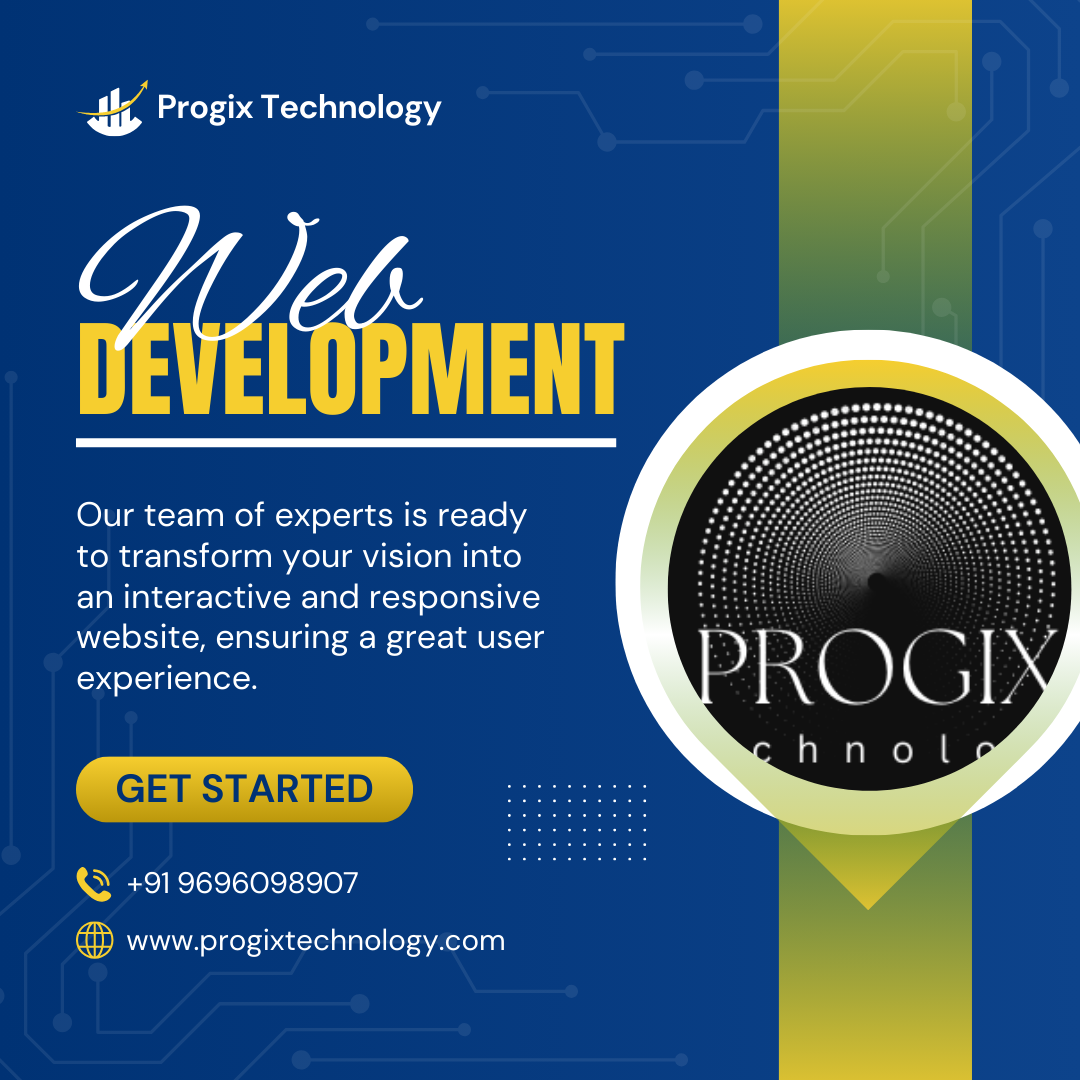
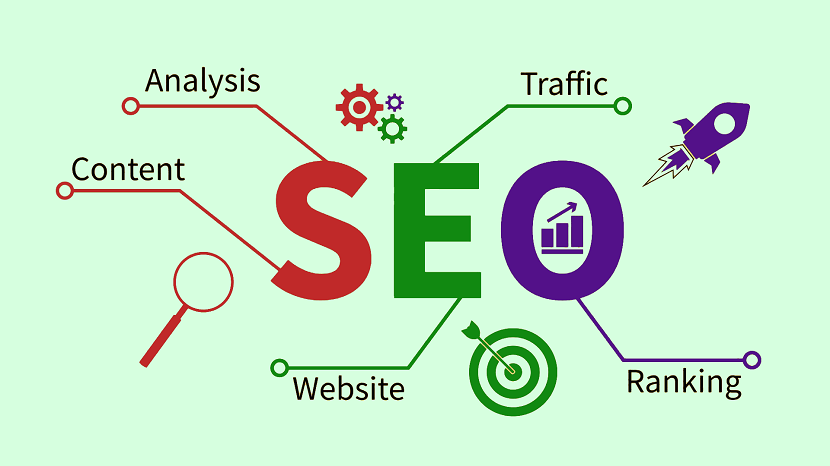
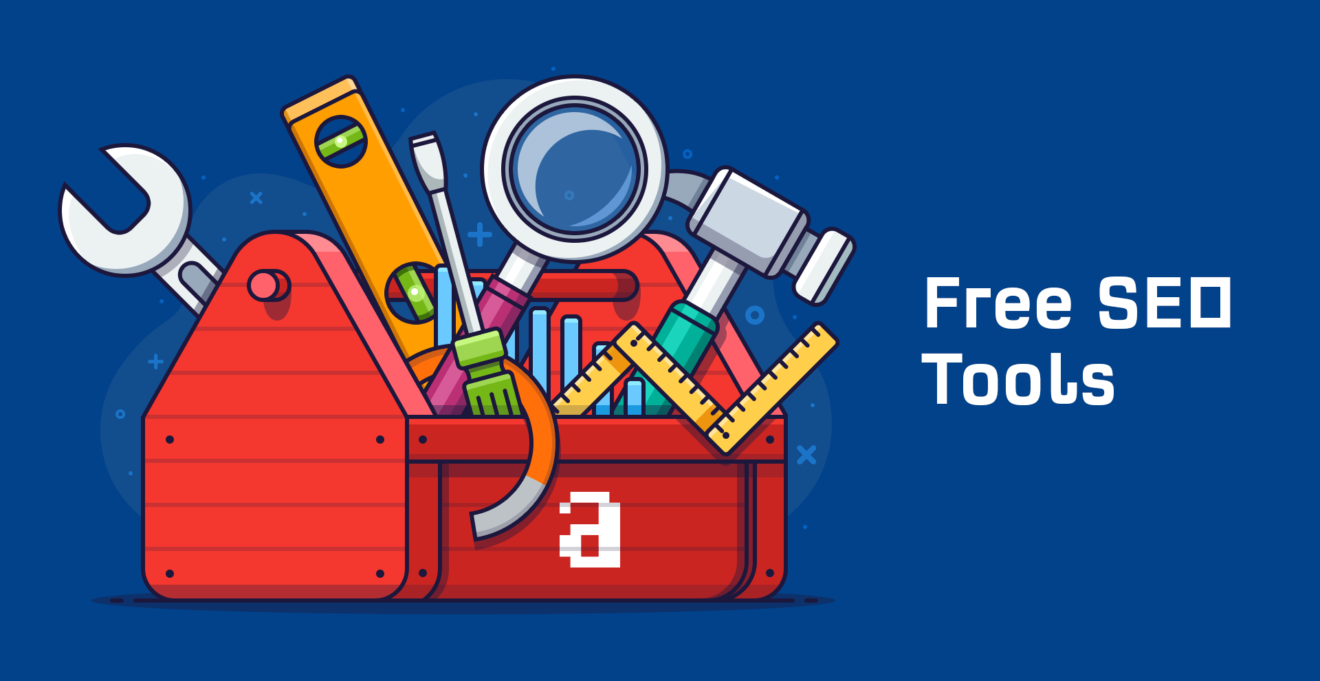
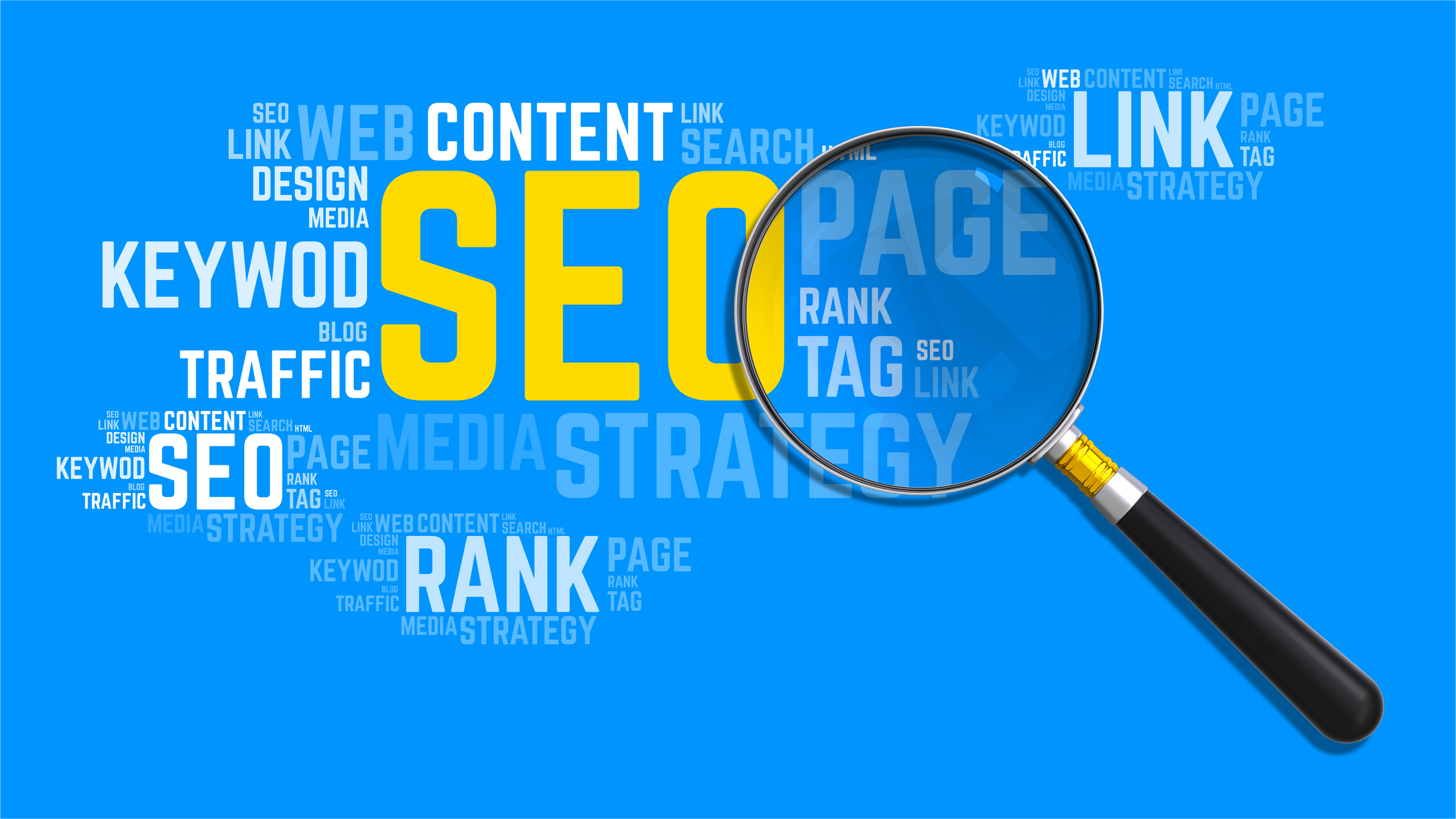
There are 0 comments